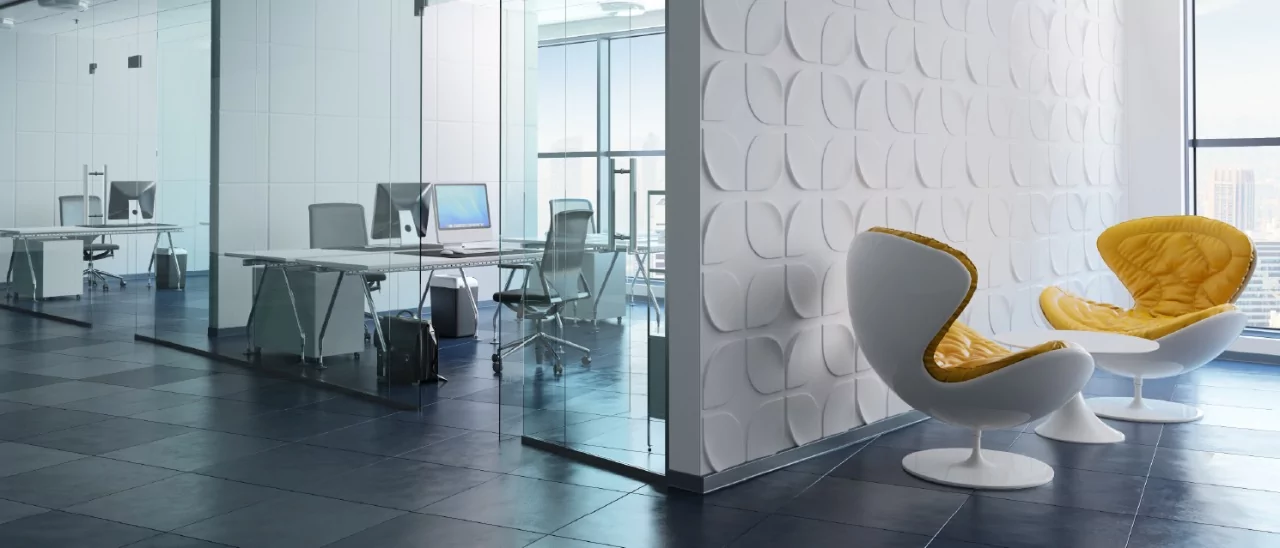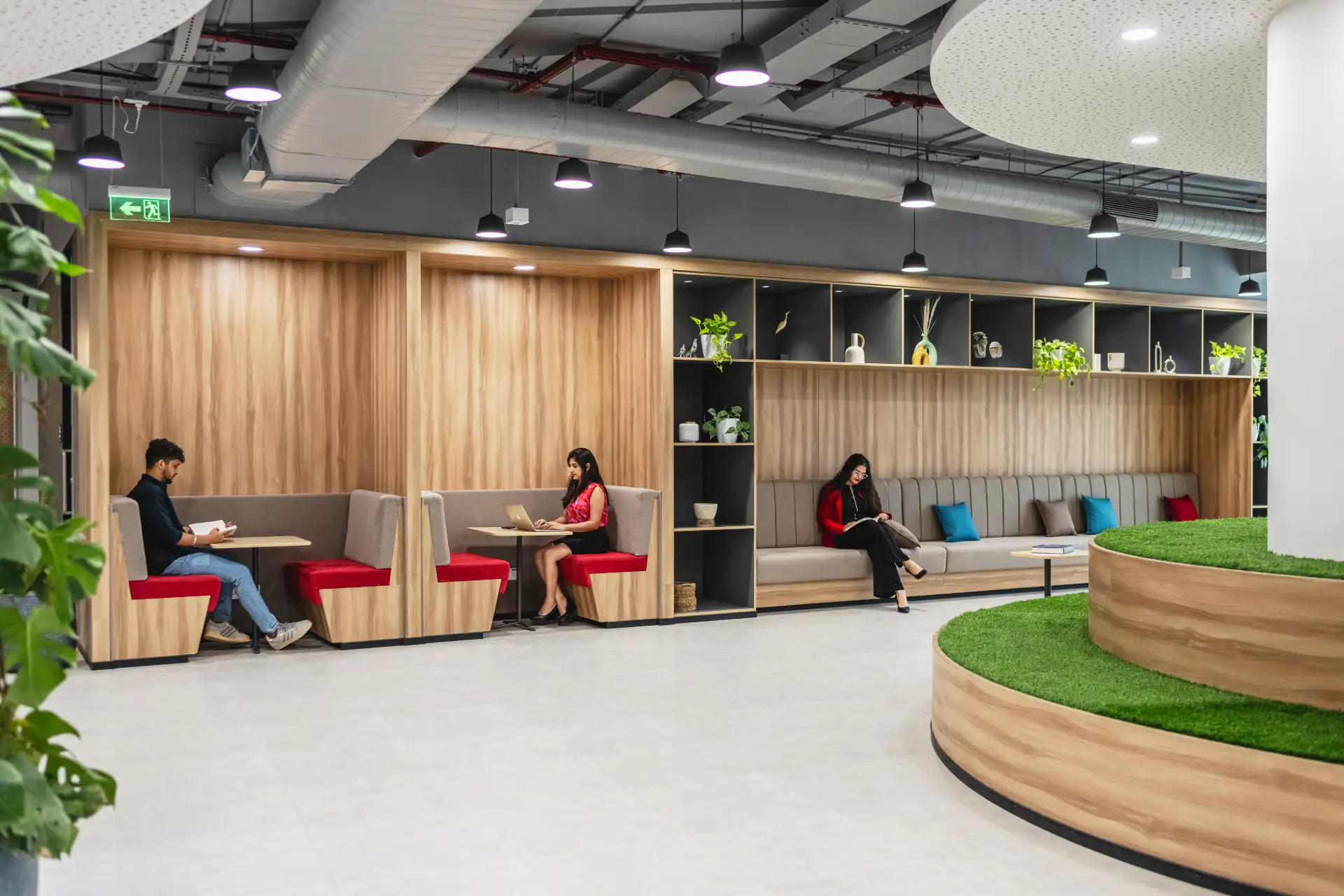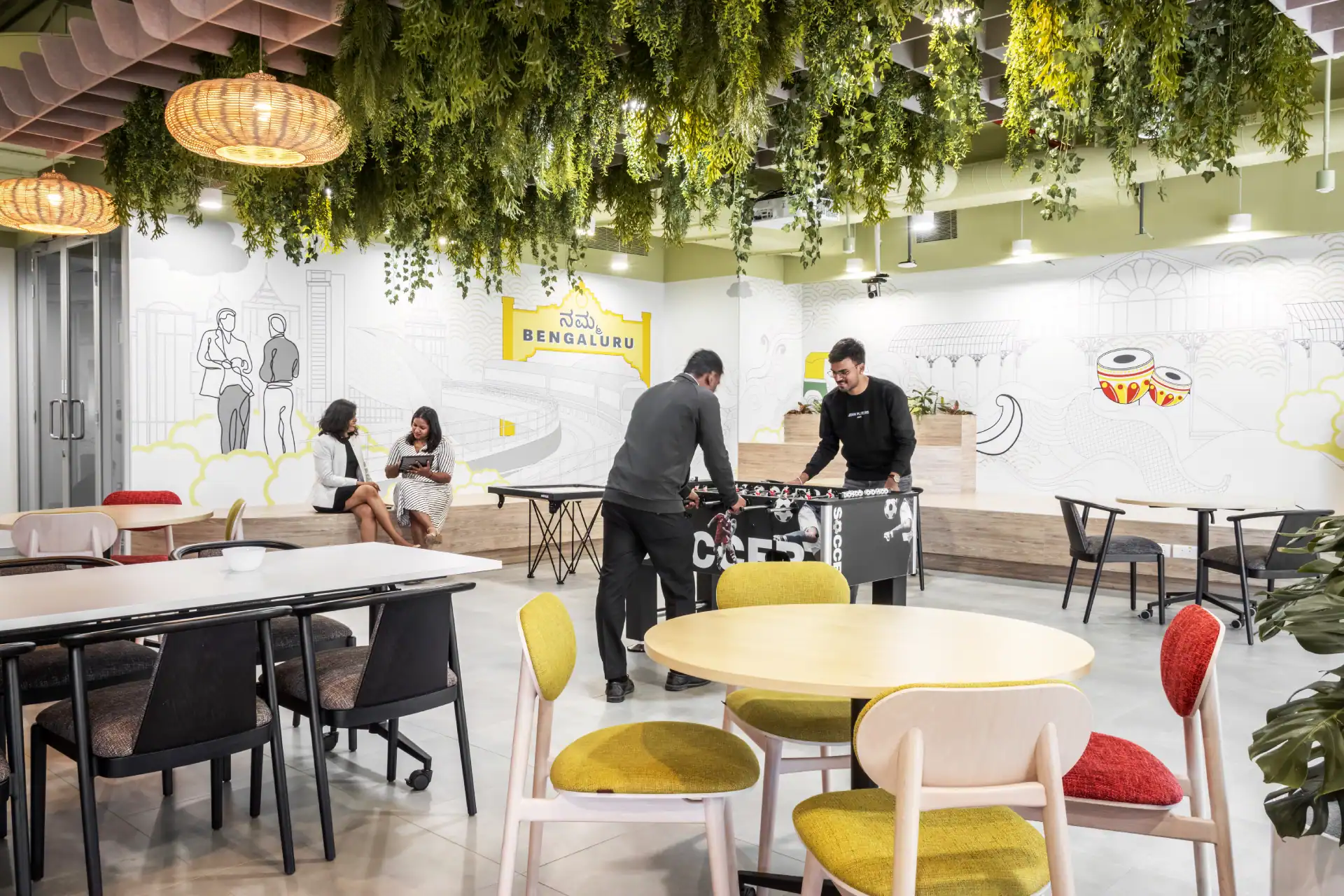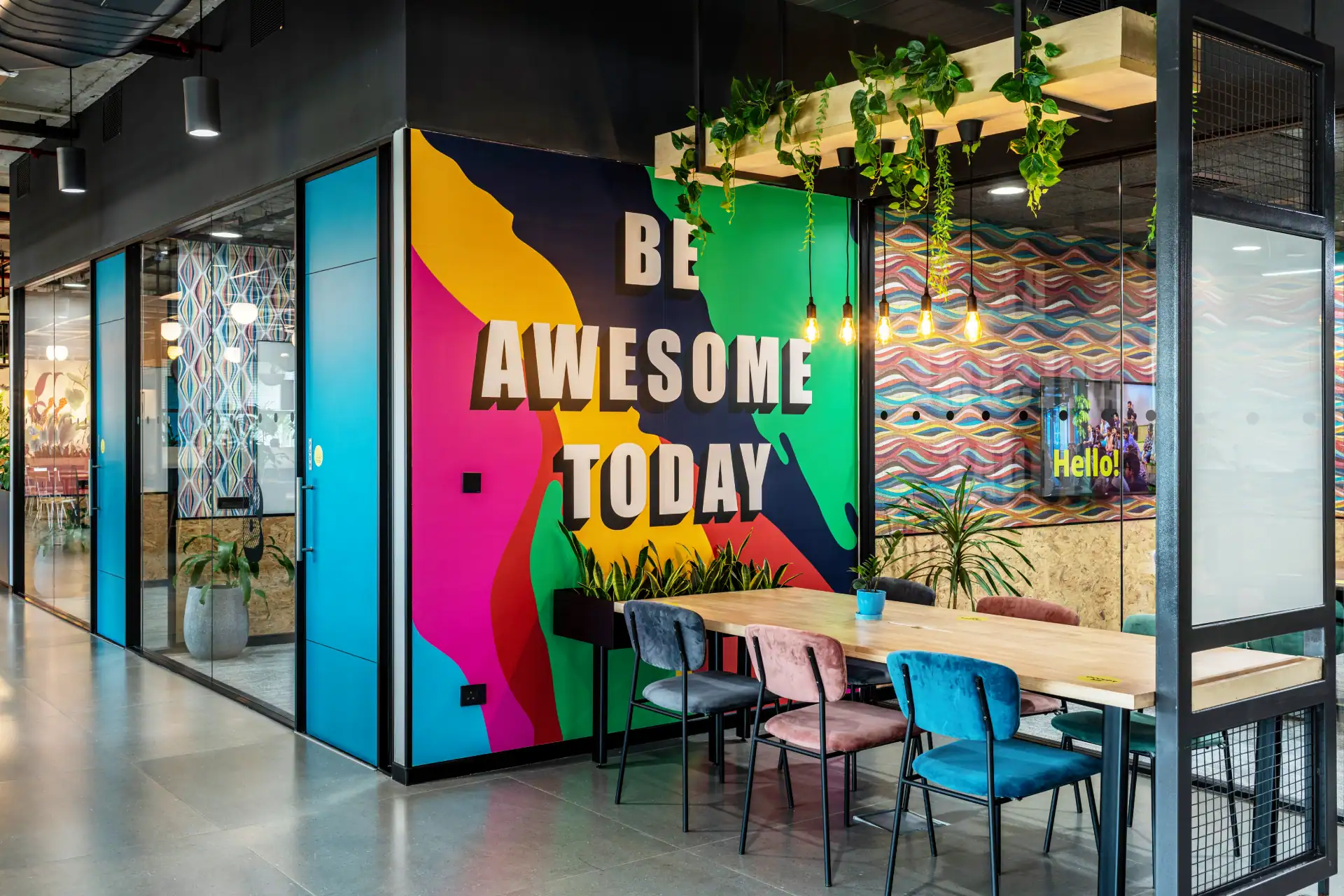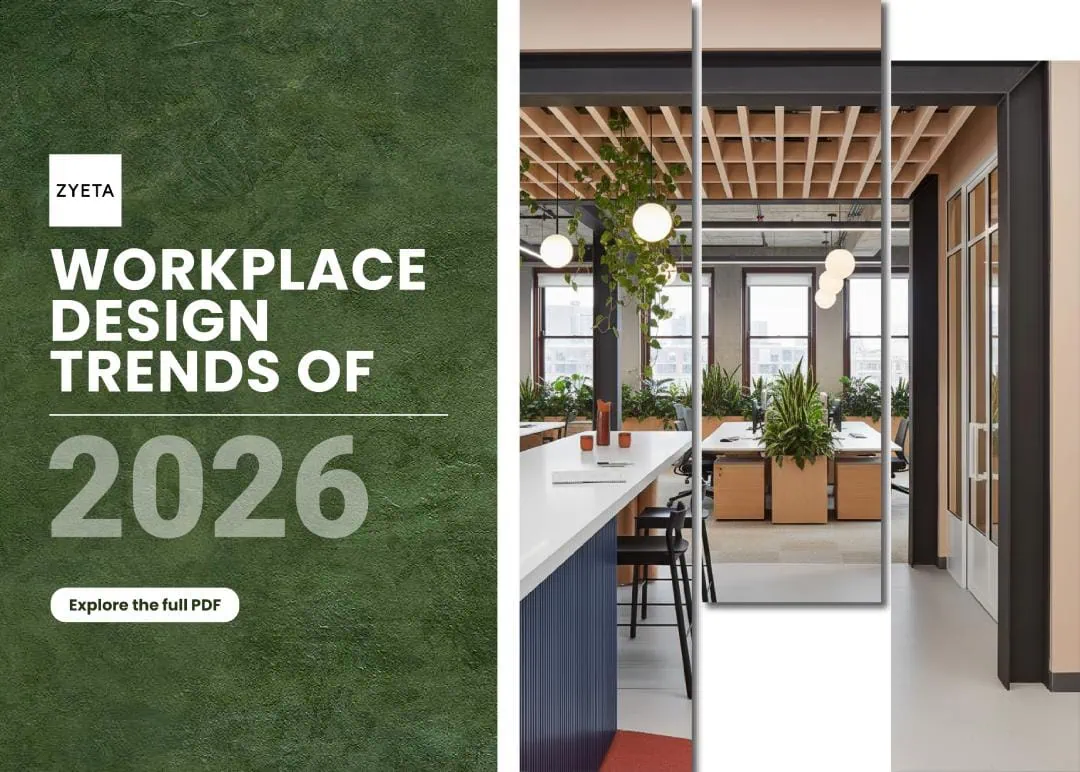In ideal terms, a workplace isn’t just viewed as a place where people can get their tasks done; it is seen as a place where people can do them to the best of their ability, and realize their full potential. In that way, workplace design needs to be flexible enough to provide for multiple types of working, and accommodate different types of employee attitudes and personalities. The nature and types of tasks can vary, and require different approaches. So the design should accommodate all of them.
Collaborative work and its importance get talked about a lot. However, private and focused work is just as important–and workplaces need to provide for that. A workplace needs to have adequate places where individual, focus-based work can take place–and to the best of its ability. Hence, private working areas are important in a workplace, and provide benefits to the overall productivity of an organization.
Let’s explore it more in detail.
Enabling the Best of ‘Knowledge Work’
The best brains of the organization are often tasked with the most cerebral and mind-intensive tasks. And these often are less reliant on teamwork and collaboration–and more on individual brilliance, capacity and yes…creativity. Fast Company reported that 60% of the CEO’s considered creativity to be the most important. And while it often has a collaborative aspect to it, some of the most creative work is done in privacy and isolation. So are tasks like research, analysis, writing, accounting, etc. Some of the tasks that are vital to the upkeep of the organization are done by individuals in their own isolated zones.
The tasks that are assigned to these ‘knowledge workers’ are also often some of the most important in the organization. They are analytical, theoretical, and paramount in developing and maintaining an organization’s products and services. They also involve solving complex problems, and handling complex mechanisms autonomously–with a heavy emphasis on quality work and high-level thinking and communication. Often there is a technological aspect to their work, which is better served by workplaces that provide the space for such. All of the above is a perfect match for private working areas in the office floor. It can enable these individuals to do their best work.
Workplaces that provide avenues for such aspects, create benefits for themselves in the long term, and are able to find space to integrate complex, specific, demanding tasks within their organizational framework, going on to add value and efficiency to the overall organization.
Creating Focused Collaboration
Of course, there can be collaboration in private working areas as well. Sometimes, all that is needed is a space for a small team to work and communicate intensely to solve a problem together. This can be challenging in wide open areas and activity-based working spaces. But a group of two or three people can easily use a focused, private space of a workplace for the said task. Often there is need for quick, efficient and clear communication between people that isn’t possible in public areas. Focused working areas, hence, help these individuals and small groups find their footing in this regard.
Focused collaboration also creates more ‘customer-centric’ teams. A private, focused environment creates more clarity in terms of goals and performance objectives. It makes communication clearer and more hassle-free, thus helping align people on the same page in terms of helping create a better customer experience. Since brands with a better customer experience bring in 5.7x times the revenue than the ones that lag, there is no doubt that such a sort of collaboration is essential to the organization.
It plays a vital role in tasks that require ideation, close communication and information sharing. Even when the teams are smaller in size, they can perform to the best of their ability.
Creating a temporary ‘space’ for employees
Productivity is a valued trait. But humans are not machines. Even the best, most focused and dedicated employees can be overwhelmed by the daily pressures of the grind. Private working areas, in this case, provide an avenue where they can relax, recuperate and recharge their batteries– a temporary respite where they can assess and take stock of their situation, get some space to reflect, and then eventually come back stronger into the workflow during the day.
In a Bizwoman survey, 53% of respondents said they value their personal space in the office over any other real estate, more so than places to relax (14%), quiet spaces (13%), small collaborative spaces (11%) and large meeting rooms (11%). In fact, 98% of the employees stated that they had an assigned spot at the office. Survey respondents also stated that they wanted their personal space to express their personality, to be customizable and cognizant of their other interests. This helped in the creation of an accepting culture and increased productivity.
Something that overall is not only healthy both for the mental and physical wellness, but for the overall output at work too. BBC worklife called it ‘Rebooting your brain’, and that is not far from the truth. Often this can also boost their creative thinking and help them come up with different, creative solutions to existing problems.
In Conclusion
Collaboration is king, yes. And the open office is key to a cultural spirit within the organization. However, private working spaces offer existing and alternative options for workers to adjust their workflow when they most need it, and get a value-added boost in their overall productivity, which in turn gives a boost to their teams, and to their organizations as well.
Related read: How Acoustics and Sound Control Create a Better Workplace

